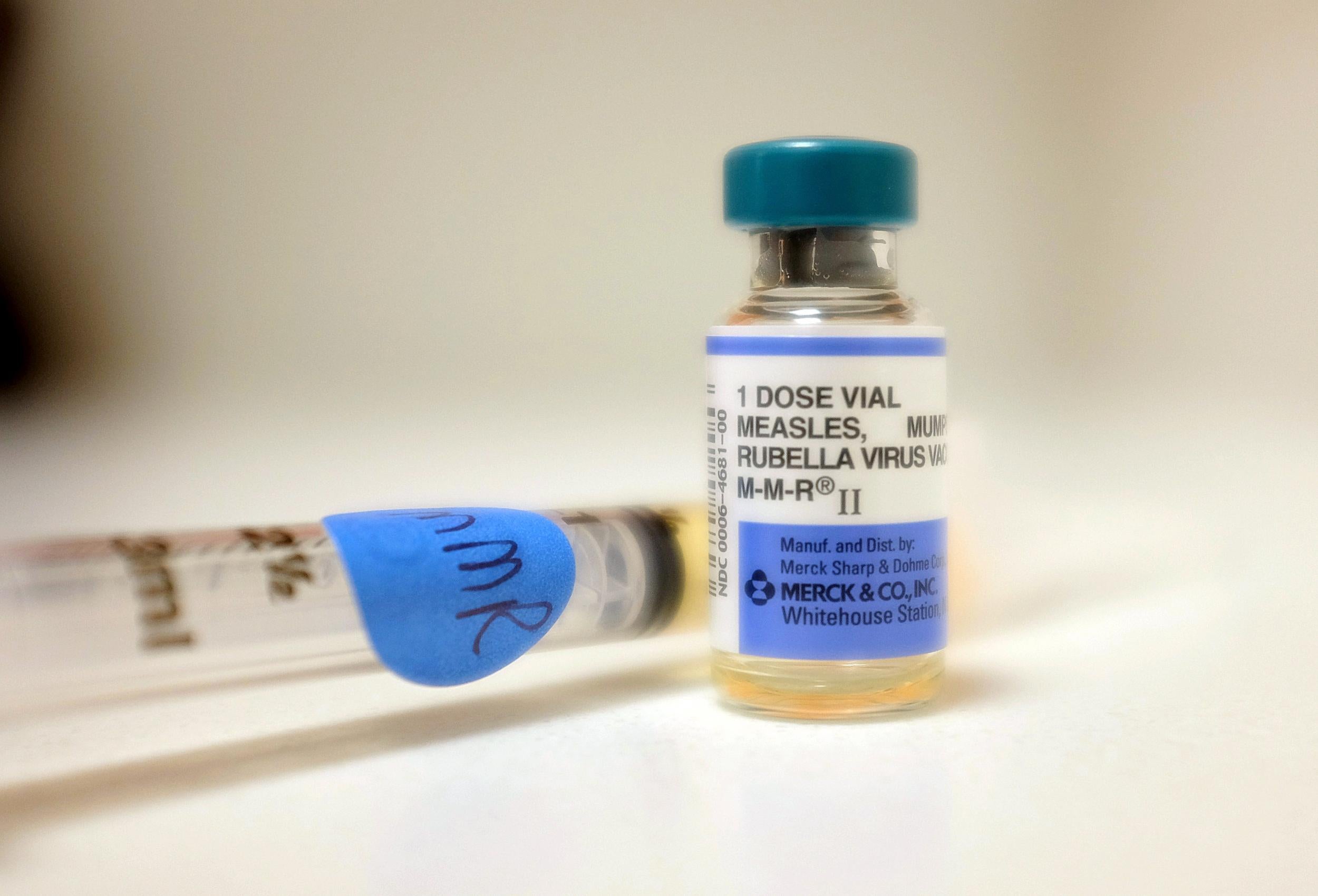Measles death toll in Democratic Republic of Congo exceeds 5,000
Low immunisation rates and high levels of malnutrition fuelling epidemic

Your support helps us to tell the story
From reproductive rights to climate change to Big Tech, The Independent is on the ground when the story is developing. Whether it's investigating the financials of Elon Musk's pro-Trump PAC or producing our latest documentary, 'The A Word', which shines a light on the American women fighting for reproductive rights, we know how important it is to parse out the facts from the messaging.
At such a critical moment in US history, we need reporters on the ground. Your donation allows us to keep sending journalists to speak to both sides of the story.
The Independent is trusted by Americans across the entire political spectrum. And unlike many other quality news outlets, we choose not to lock Americans out of our reporting and analysis with paywalls. We believe quality journalism should be available to everyone, paid for by those who can afford it.
Your support makes all the difference.A measles epidemic in the Democratic Republic of Congo has killed over 5,000 people this year, many of them young children, the World Health Organisation (WHO) said.
Low immunisation rates and high levels of malnutrition have fuelled the epidemic and high mortality rates, especially in North Kivu province, which is also reeling from an Ebola epidemic, it said on Thursday.
“Since the start of 2019, more than 250,000 suspected [measles] cases and over 5,000 deaths mostly among children under five years, have been recorded,” the WHO said in a statement.
A first measles vaccination campaign was launched to protect people against the infectious disease that has struck all of the country’s 26 provinces, it said.
A third phase of the campaign is planned, with the ultimate aim of reaching 18.9 million children across the country by year-end, it added.
“While the Ebola outbreak in the DRC has won the world’s attention and progress is being made in saving lives, we must not forget the other urgent health needs the country faces,” said Dr Matshidiso Moeti, WHO Regional Director for Africa.
Vaccination is most challenging in North Kivu, where 2.2 million people are to be vaccinated in this round, because high insecurity following armed attacks makes some areas inaccessible to aid workers, WHO said.
The world’s second biggest Ebola epidemic on record has killed more than 2,200 people since mid-2018, but new infections slowed in recent months, the WHO said last week, while warning that Ebola was likely to resurge.
Reuters
Join our commenting forum
Join thought-provoking conversations, follow other Independent readers and see their replies
Comments